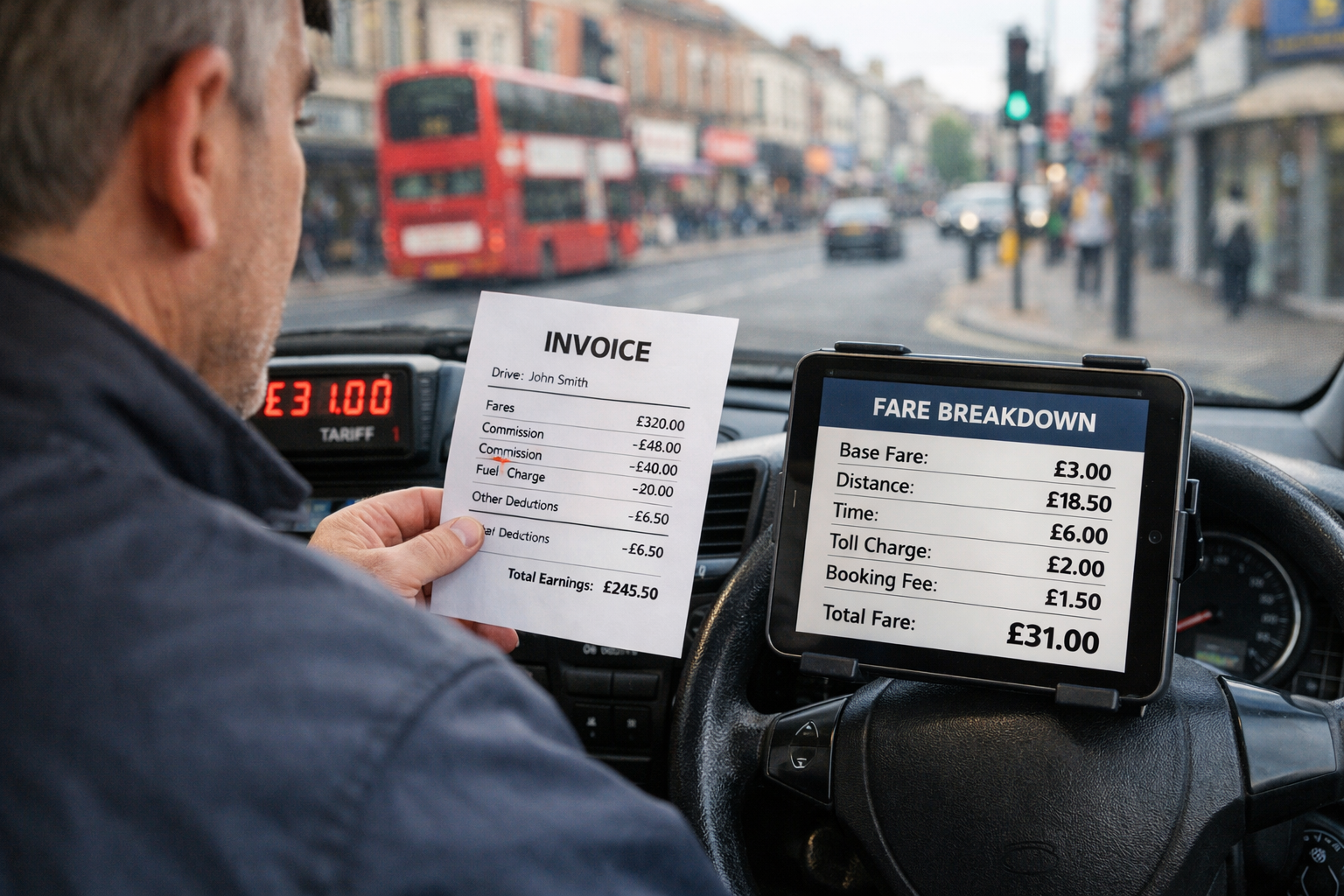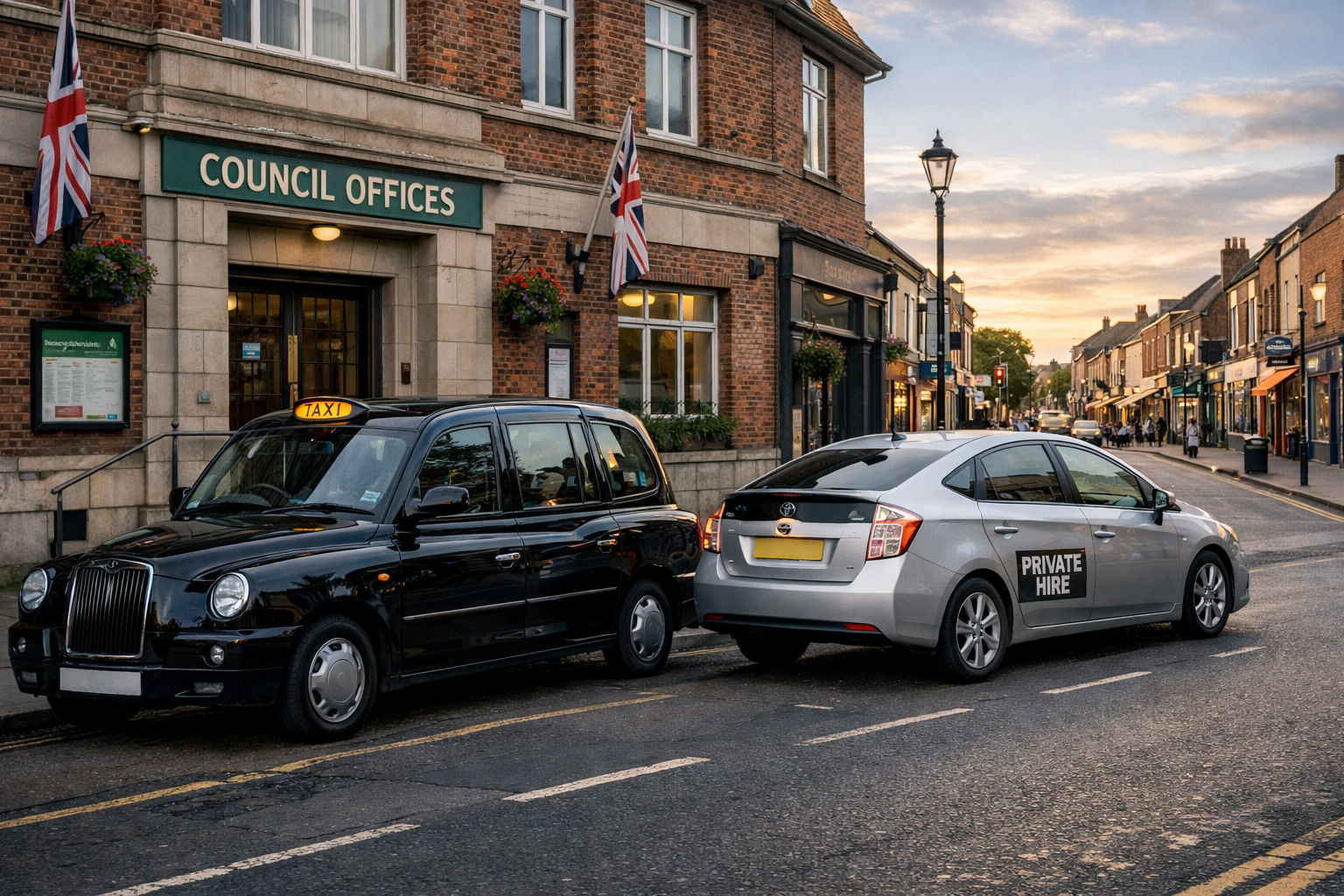London Uber drivers in line for £5k EV Grant
Uber drivers in London are getting a boost to switch to electric cars, and it's packed with perks! They're now offered a £5,000 grant and free charging to make the switch easier.
This move is part of a big plan to make driving in London cleaner and cheaper. London is already leading the way for Uber's electric cars, but they want to make sure every car on the road is electric by 2025. These incentives are here to help make that happen.

This move is part of a big plan to make driving in London cleaner and cheaper. London is already leading the way for Uber's electric cars, but they want to make sure every car on the road is electric by 2025. These incentives are here to help make that happen.
The £5,000 grant is the star of the show. It's a big pot of money drivers can use to buy or rent an electric car. This means they can save big on fuel costs, which is great news for their wallets. Plus, Uber has teamed up with partners to make sure switching to an electric car is a breeze.
But wait, there's more! Drivers also get hefty discounts on electric cars, which means even more savings. When you add up the grant and the discounts, drivers can save a whopping £22,000. That's a lot of money in their pockets!
“I am determined to achieve my mission to make London a net zero city by 2030, and the electrification of our buses and cars is absolutely key to this. I welcome this initiative which will give drivers who need it a helping hand to switch their petrol or diesel vehicle for an electric one. Schemes such as this are helping us to build a fairer, greener London for everyone.”
-Sadiq Khan, Mayor of London
And it's not just about saving money. Electric cars also help make the air cleaner in London. With fewer emissions, they're better for the environment and for everyone's health.
But that's not all. Electric car drivers also get three months of free charging, plus a special rate afterward. That means they can keep their cars juiced up without breaking the bank.
And Uber isn't stopping there. They're teaming up with Redbridge Council to install more charging stations across London. That way, drivers can charge up easily wherever they go.
Uber knows that making the switch to electric cars is a big change for drivers. That's why they're listening to feedback and working to make it as easy and affordable as possible.
The Mayor of London, Sadiq Khan, is cheering them on. He's determined to make London a cleaner city by 2030, and he knows that getting more electric cars on the road is a big part of that. He's thrilled to see companies like Uber stepping up to help make it happen.
You might also like





